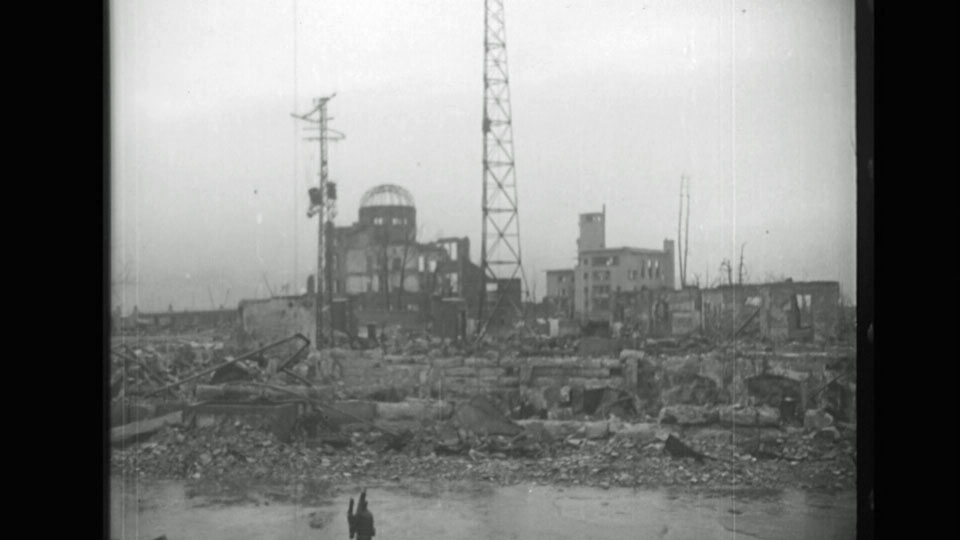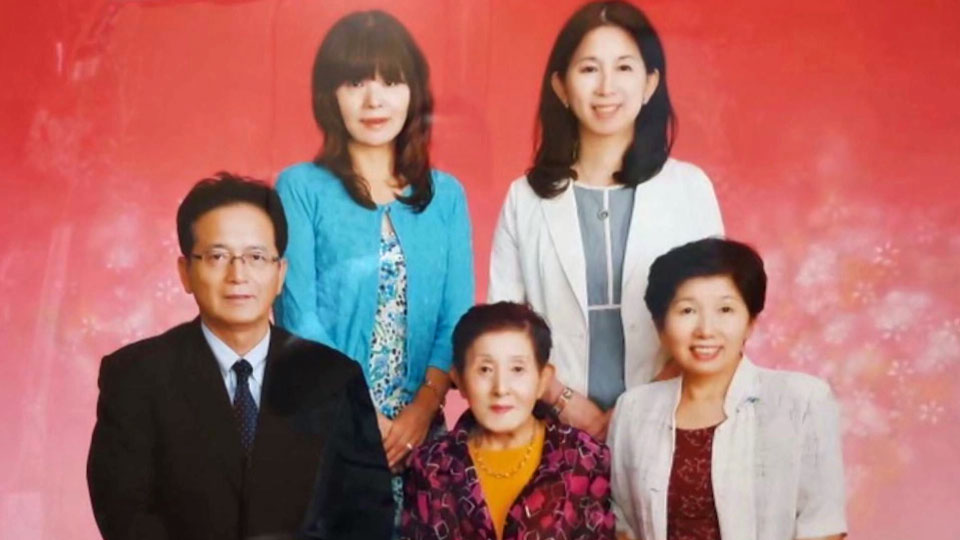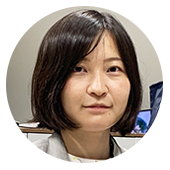Last farewell
"I never imagined the morning I left home with the lunch my mother made for me would be my last goodbye." This line is from Ueda's atomic bomb testimony, which was read out at last year's Peace Declaration on Hiroshima A-bomb Day.

In August 1945, Ueda was 16 and living with her mother in what is now Hiroshima's Naka Ward. Her mother, who ran a beauty salon, supported the family. Her father and older brother were living in a different prefecture.

Ueda attended Hiroshima Jogakuin, a girl's school in the center of the city. But most days, she and her fellow students were mobilized to work at a munitions factory.
On the morning of August 6, her mother had cooked a week's worth of meat from the meager rations she had received, and prepared a special lunch box for her. After having breakfast with her mother as usual, Ueda took the lunch box and left the house with a friend. Before turning into the alley outside her home, she called out to her mother, "I'm off." It was the last time she would see her.
August 6, 1945, 8:15 a.m.
Ueda and her friend were on their way to Hiroshima Station to catch the train to Toyo Kogyo ― now the automaker Mazda ― about 3.5 kilometers away.
"I saw a light in front of my eyes," she recalls. "It was a sudden flash of indescribable light. Then there was a bang ― it was as if someone had shoved me from behind. Everything went pitch black." She was about 1.5 kilometers from the hypocenter.
When Ueda came to, she was trapped under a building. She managed to pull herself out. Her friend also survived. Ueda thought of her mother, but turning back was unimaginable under the wartime conditions in which even children had to strictly follow orders.

A wall of fire
When she finally arrived, her homeroom teacher told her to return home.

But the fires made it impossible, so Ueda spent the night at the Toyo Kogyo dormitory instead. That evening, she ate the box lunch her mother made.
The following morning, she set out for an evacuation site close to where her grandmother and other relatives lived. It took a day to get there. When she arrived, she was devastated to discover her mother wasn't there. She was anxious to find her, but her heart was about to be broken.
Searching for mother in the hell
Two days after the bombing, Ueda took off again to look for her mother. Everywhere she turned, she encountered scenes of death and destruction. She spent days walking among corpses, searching for any signs.

Promise
About a week later, she heard from an acquaintance of a customer of her mother's beauty salon that her mother was at the East Parade Ground. In that instant, she recalled her mother's words: "In the case of an emergency, let's meet at the Nigitsu Shrine." Ueda had promised to do so.
Her heart sank. She could not understand how she had forgotten. She rushed to the site, which was next to the Nigitsu Shrine. On the list of evacuees, she found her mother's name: Isemura Tokiko.

She scanned the faces, to no avail. Most of the evacuees were mortally wounded. As soon as they died, they were cremated. Looking at the flames, Ueda had a staggering realization: her mother was already gone.
"The regret that I felt ... I should have come sooner. I could have seen her," says Ueda.

A short time later, Ueda, her father and brother held her funeral.
"When I think about the promise, I can't help but cry," Ueda says. "I want to go to the land of the dead and tell my mother I'm sorry."
Lingering effects
After the war, Ueda moved to Jinsekikogen, a town in the eastern part of the prefecture, and relied on relatives on her father's side to get by. She married, tried to start a family, and was eventually blessed with four children. But, she said the after-effects of the bomb plagued her — she suffered from repeated miscarriages, followed by a thyroid gland condition and stomach cancer in her later life.

Her scars weren't just physical. Thinking about her mother brought on periods of depression and sleepless nights. She was also concerned about how people viewed atomic bomb survivors, so she kept her experiences a secret even from her children.
The folly of war
A turning point came about ten years ago, when Ueda was asked to give a speech at a town hall. With survivors of the bombing aging, she suddenly felt an urgency to share her story. Now she speaks regularly at local schools.

Ueda says the conflict in Ukraine has added to her compulsion. "If those of us who experienced conflict don't speak out now, we will cease to exist," she says. "War is horrific. We must never let this happen again.

